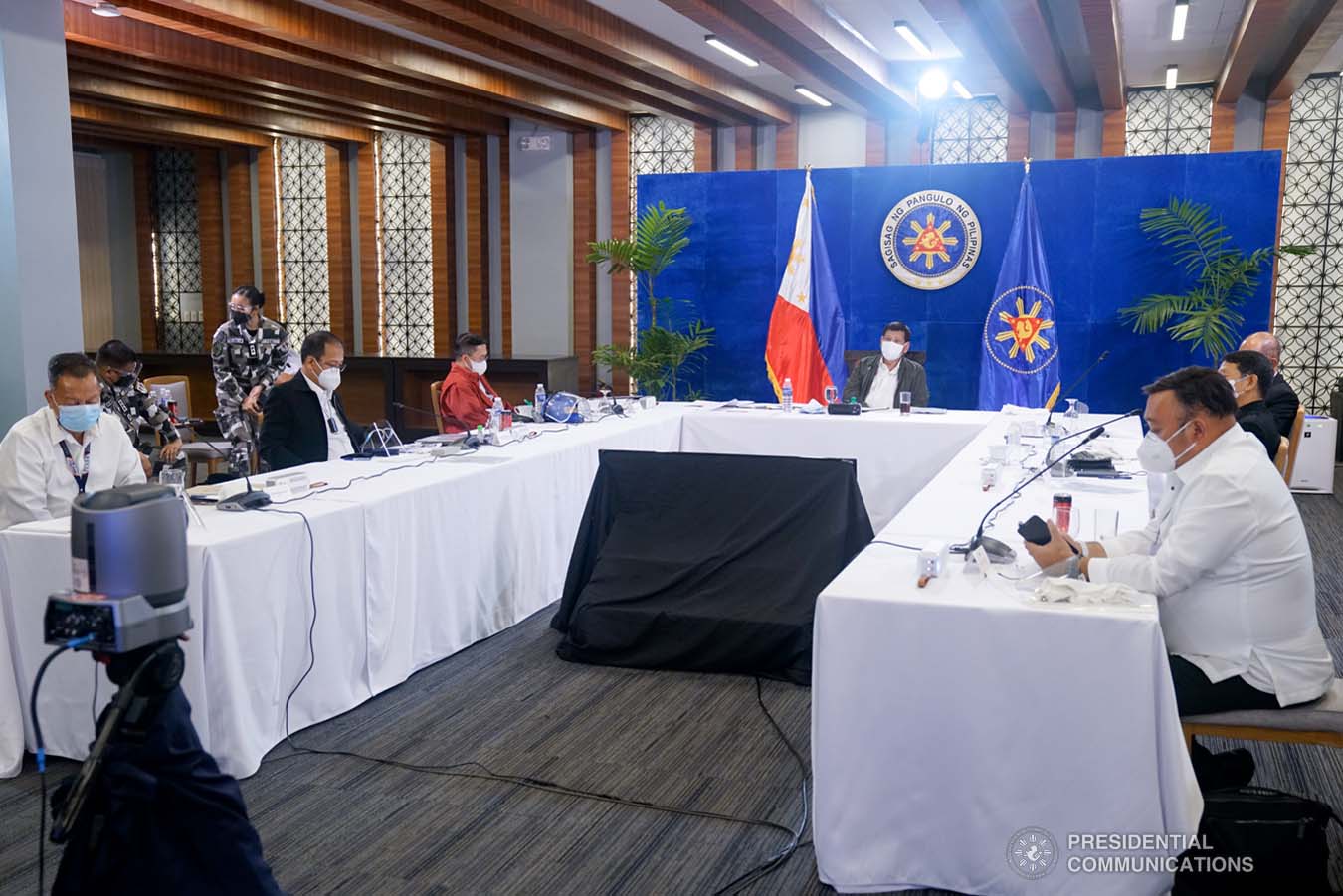
More than 10 million Filipinos received skills training from the Technical Education and Skills Development Authority (TESDA) after the Duterte administration assumed office in 2016, the head of the skills development agency said on Friday.
In his report to President Rodrigo Roa Duterte in Davao City, TESDA Director General Isidro Lapeña said that aside from those who received training, 9.8 million graduated from TESDA with the agency certifying 6.6 million individuals as skilled and competent in their line of work.
Lapeña said the employment rate of TESDA graduates has increased from 71.87 percent in 2017 to 84.15 percent in 2019. Last year, despite the pandemic, TESDA posted 70.51 percent employment rate for its graduates.
“Ibig sabihin nito, pito sa kada 10 graduates ang nagkaroon ng trabaho o hanapbuhay pagkatapos ng kani-kanilang training sa TESDA; 63.37 percent ay wage employed o nagkaroon ng trabaho sa mga kompanya o opisina; at 31.11 percent naman ang self-employed o nakapagtayo ng sariling negosyo, kasama na rito ang farming,” he told the President.
Lapeña emphasized that the Technical Vocational Education and Training or TVET, a government program for nation building and sustainable progress, is a wise investment for the administration.
Since the President’s issuance of Executive Order No. 83 for the National Technical Education and Skills Development Plan or NTESDP, TESDA used the plan’s two-pronged strategy to implement TVET in the country.
TVET became a major government tool for sustainable economic development aimed at improving the living condition of Filipinos.
In October 2018, TESDA launched its guiding principle TESDAbot Lahat that sets the direction for the agency to strengthen its mandate, Lapeña said.
Under this principle, TESDA widened its scope by adding 60 provincial training centers in the country including the provincial training center in Pigcawayan, Cotabato province.
Three additional regional training centers were also opened in the National Capital Region, Soccsksargen and Caraga Administrative Region.
“Dahil sa aming layunin na mas maging accessible ang TVET, ang bawat rehiyon at probinsiya sa buong bansa ay mayroon ng mga training centers ngayon sa inyo pong administrasyon,” the TESDA chief said in his report.
Responding to the call of the construction sector for additional skilled manpower as the country embarks on the ambitious Build, Build, Build program, Lapeña said 371,369 individuals graduated from 63 construction-related courses from 2019 until June 2021 through TESDA’s assistance.
Currently, the agency’s priority is providing assistance to the country’s agriculture sector to ensure food self-sufficiency and security.
This year, through the Rice Competitiveness Enhancement Fund, Lapeña said TESDA assisted 21,075 farmers and their dependents as well as other farm workers.
Under the fund’s Rice Extension Services Program, TESDA established 301 farm schools that implement various programs to improve rice production and augment farmers’ income.
To address job skills mismatch, TESDA collaborated with different government agencies, private companies, corporate foundations, and industry associations. TESDA is doing area-based and demand-driven TVET to ensure that its programs are inline with the needs of the employers and industry partners.
As a response to the pandemic, TESDA implemented flexible learning in the delivery of TVET, a combination of blended, distance, online, and face-to-face learning being carried out depending on the community quarantine condition of a particular area.
Aside from flexible learning, TESDA expanded its Online Program given the current restrictions.
Lapeña said that from 60 online courses, the agency now has 103 free online courses. More than 1.7 million Filipinos registered at the TESDA Online Program since March 2020 until July this year. PND

